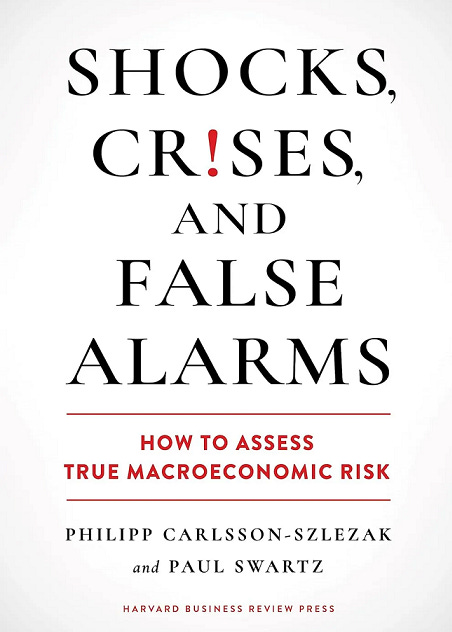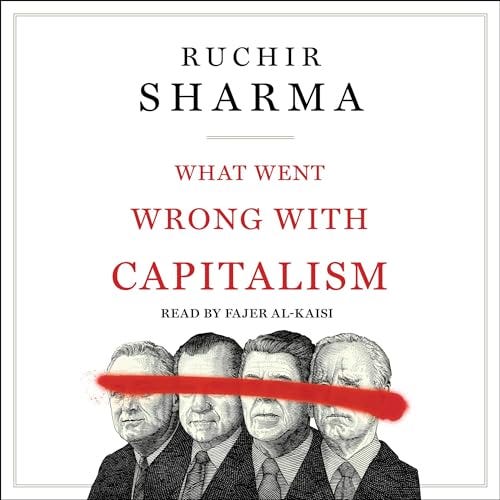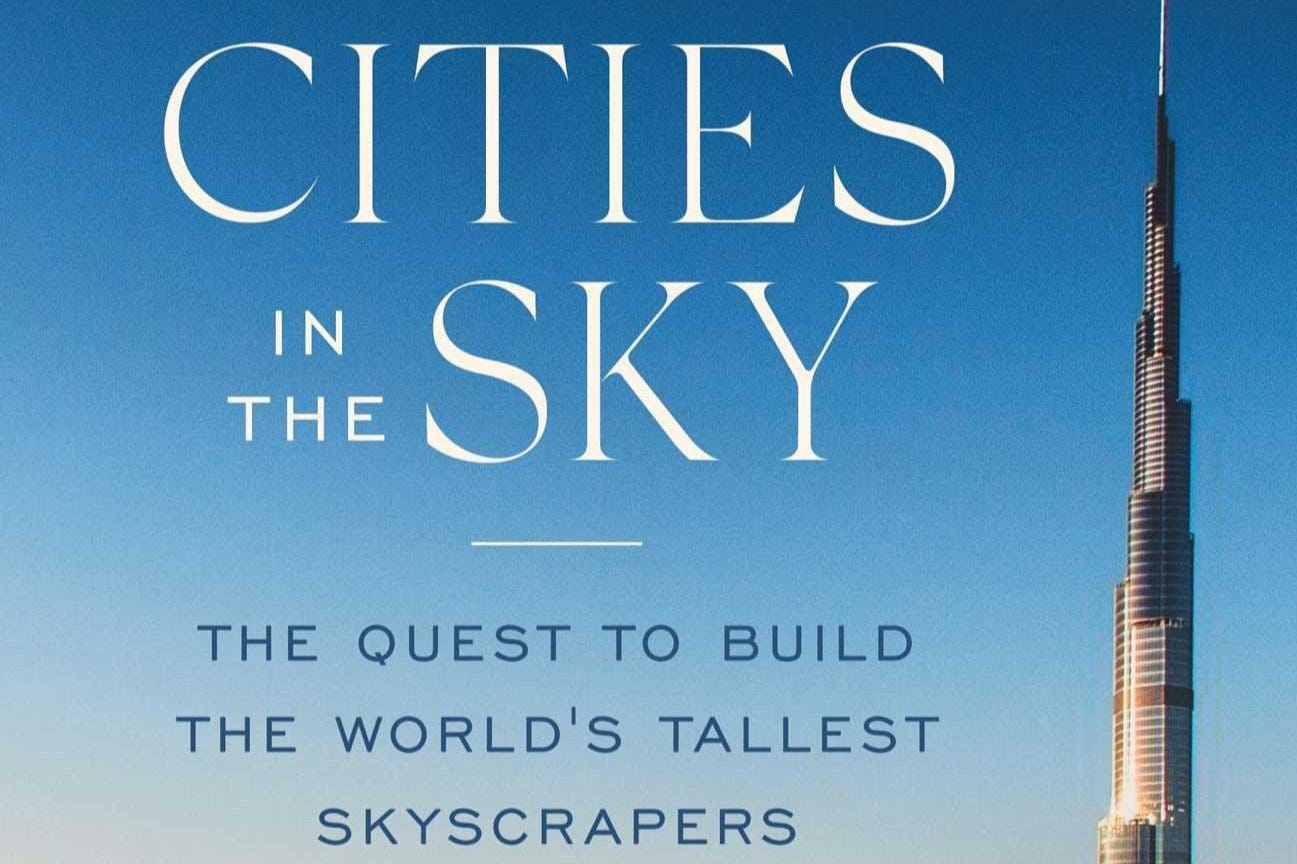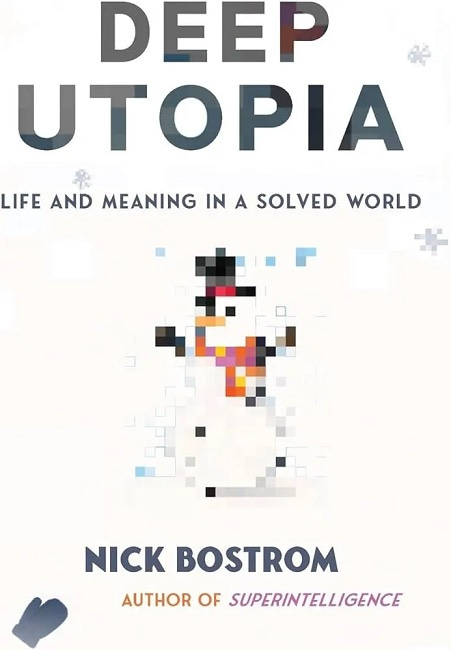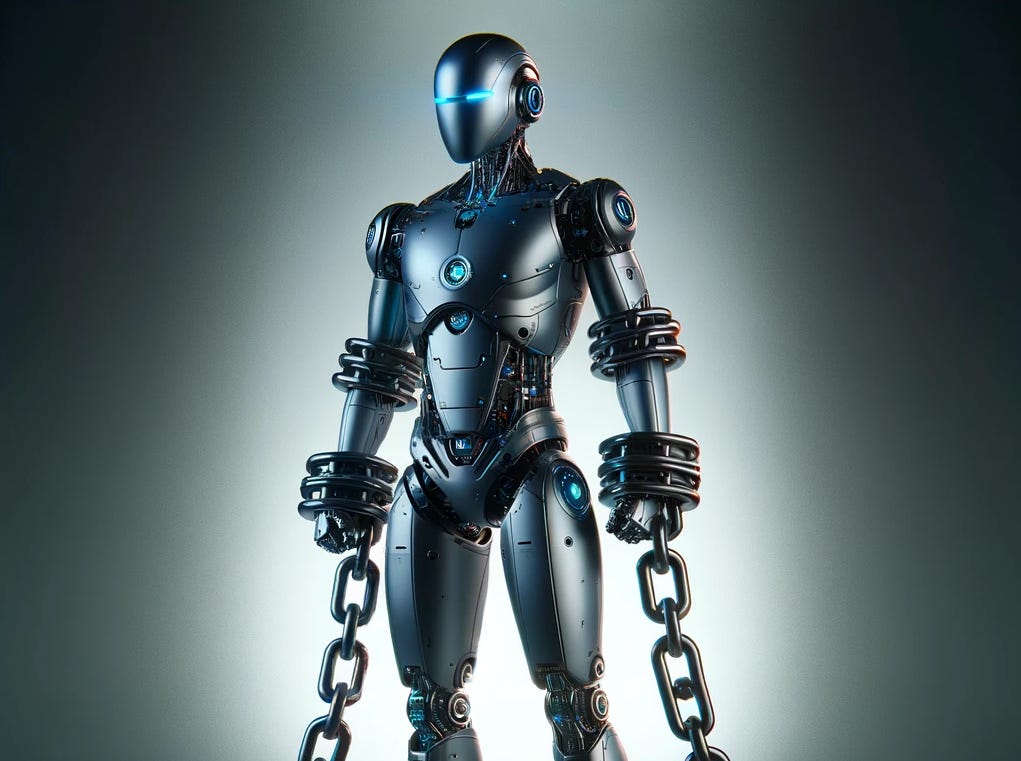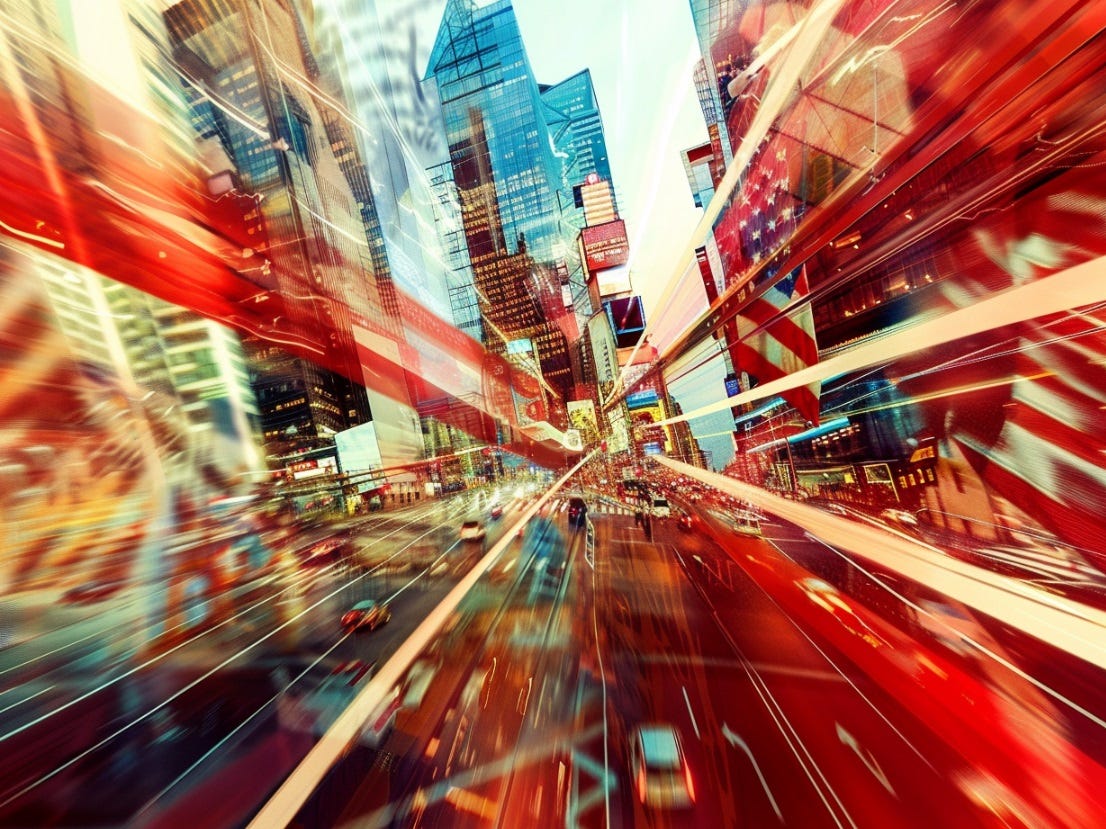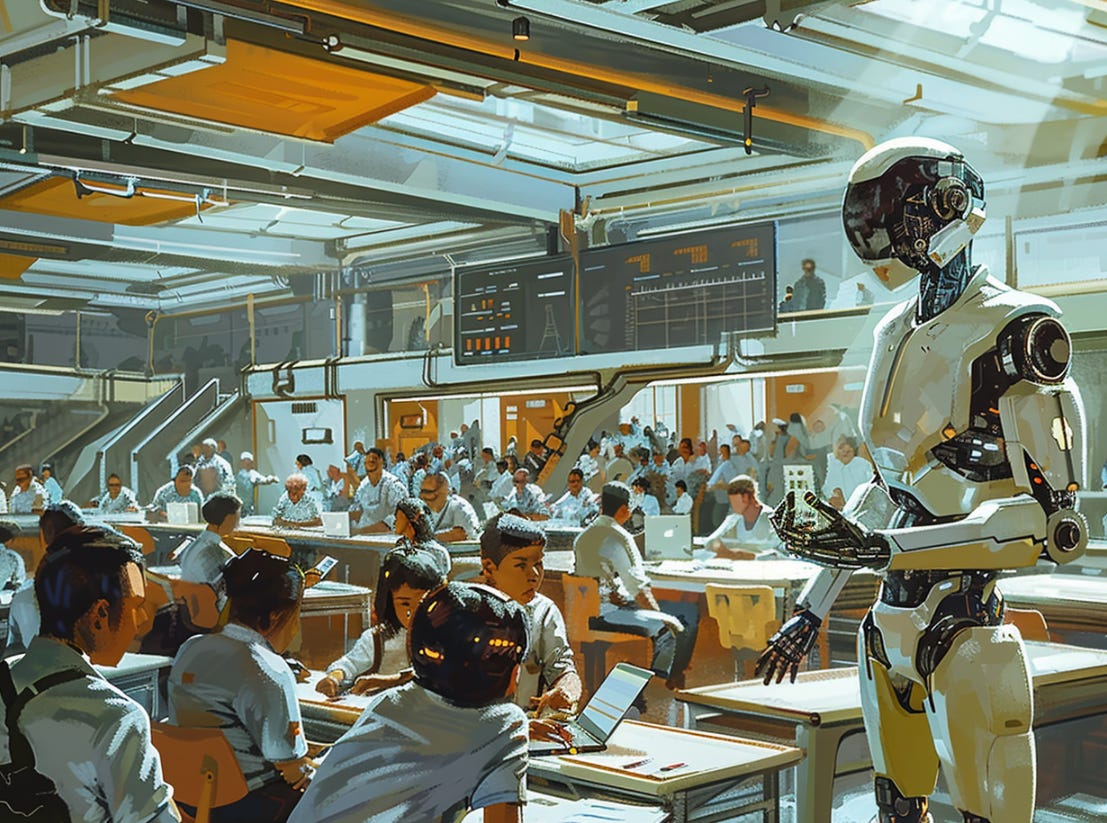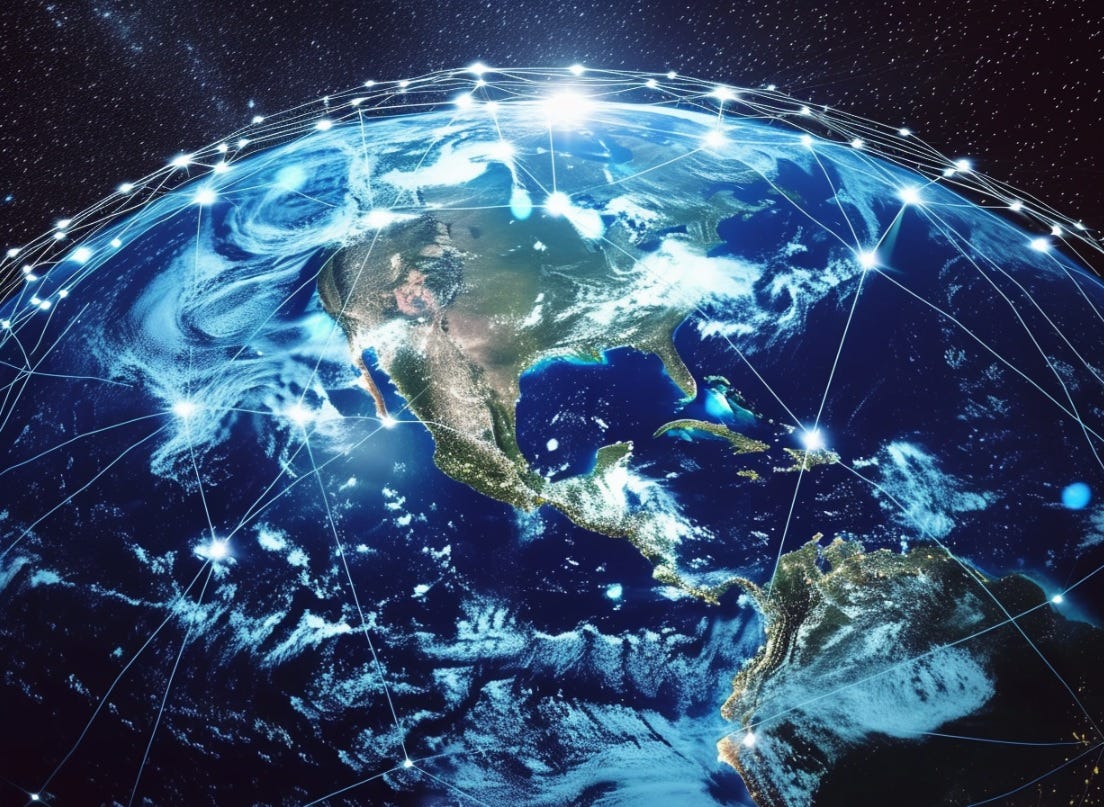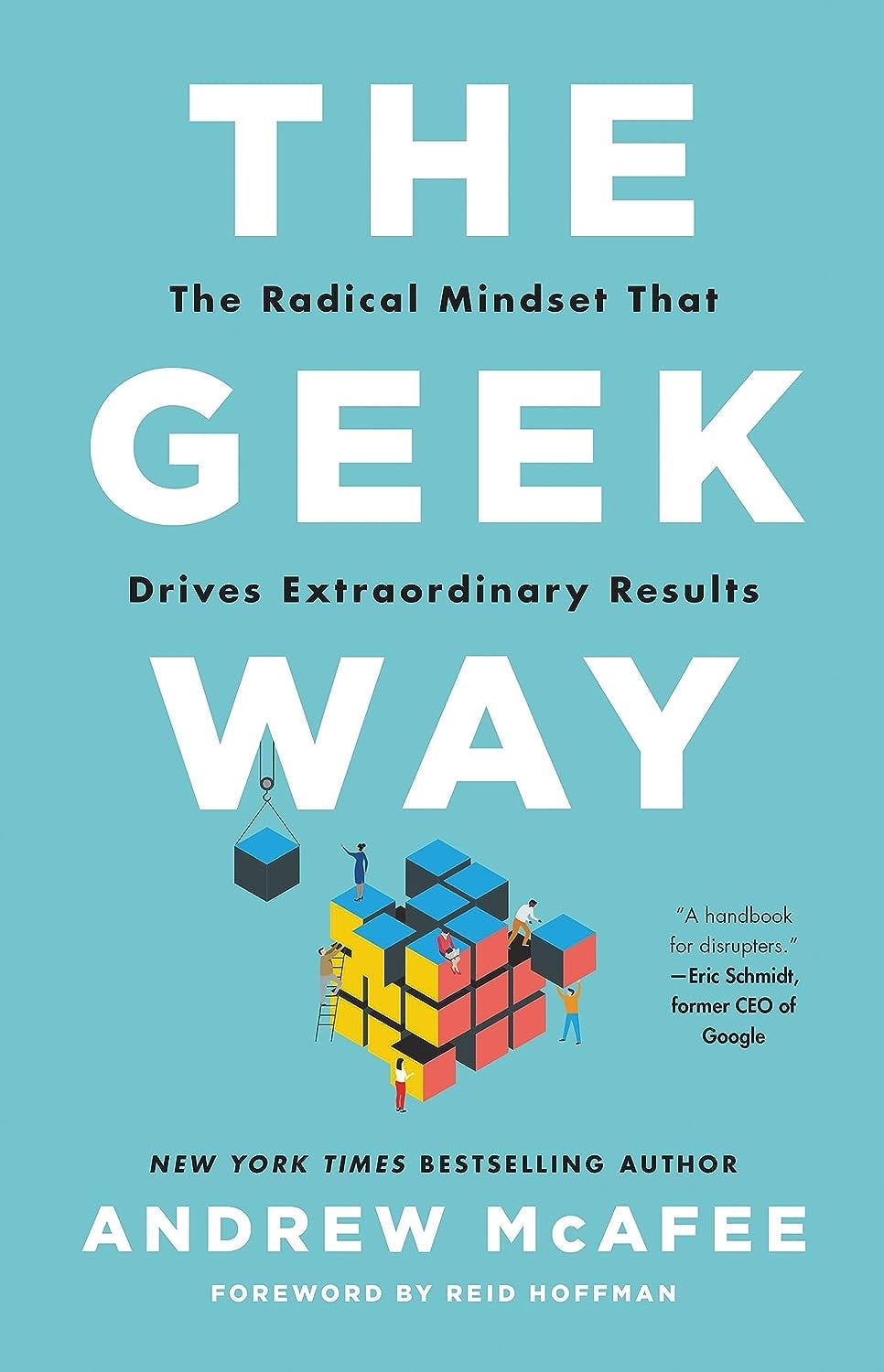☀️ My chat (+transcript) with economist Noah Smith on technological progress
Description
Some signs of tech progress are obvious: the moon landing, the internet, the smartphone, and now generative AI. For most of us who live in rich countries, improvements to our day-to-day lives seem to come gradually. We might (might), then, forgive some of those who claim that our society has not progressed, that our lives have not improved, and that a tech-optimist outlook is even naïve.
Today on Faster, Please! — The Podcast, I talk with economist Noah Smith about pushing the limits in areas like energy technology, how geopolitical threats spur innovation, and why a more fragmented industrial policy might actually be an advantage.
Smith is the author of the popular Noahpinion Substack. He was previously an assistant finance professor at Stony Brook University and an economics columnist for Bloomberg Opinion.
In This Episode
* Recognizing progress (1:43 )
* Redrawing the boundaries of energy tech (12:39 )
* Racing China in research (15:59 )
* Recalling Japanese economic history (20:32 )
* Regulating AI well (23:49 )
* Rethinking growth strategy in the EU (26:46 )
Below is a lightly edited transcript of our conversation
Recognizing progress (1:43 )
Pethokoukis: Noah, welcome to the podcast.
Smith: Great to be here!
Not to talk about other podcast guests, but I will very briefly — Last year I did one with Marc Andreessen and I asked him just how tech optimistic he was, and he said, “I'm not sure I'm an optimist at all,” that the most reasonable expectation is to expect the future to be like the past, where we have a problem building things in the real world, that some of our best ideas don't necessarily become everything they could be, and I think a perfectly reasonable baseline forecast is that, for all our talk about optimism, and “let's go,” and “let's accelerate,” that none of that happens. Does that sound reasonable to you or are you more optimistic?
I'm optimistic. You know, a few years ago we didn't have mRNA vaccines. Now we do. And now we have a magical weight loss drug that will not only make you lose weight, but will solve half your other health problems for reasons we don't even understand yet.
So much inflammation.
Right. We didn't even have that a few years ago. That did not exist. If you told someone that would exist, they would laugh at you. A magic pill that not only makes you thin, but also just solves all these other health issues: They would laugh at you, Scott Alexander would laugh at you, everyone would laugh at you. Now it's real. That's cool.
If you had told someone a few years ago that batteries would be as insanely cheap as they are, they would've been like, “What? No. There's all these reasons why they can't be,” but none of those reasons were true. I remember because they did actually say that, and then batteries got insanely cheap, to the point where now Texas is adding ridiculous amounts of batteries for grid storage. Did I predict that was going to happen? No, that surprised me on the upside. The forecasters keep forecasting sort of a leveling off for things like solar and battery, and they keep being wrong.
There's a lot of other things like reusable rockets. Did you think they'd get this good? Did you think we'd have this many satellites in the low-earth orbit?
AI just came out of nowhere. Now everyone has this little personal assistant that's intelligent and can tell them stuff. That didn't exist three years ago.
So is that, perhaps, growing cluster of technologies, that's not just a short-term thing. Do you think all these technologies — and let's say particularly AI, but the healthcare-related stuff as well — that these taken together are a game-changer? Because people always say, “Boy, our lives 30 years ago didn't look much different than our lives today,” and some people say 40 years ago.
But that’s wrong!
Yes, I do think that is wrong, but that people's perception.
When I was a kid, people didn't spend all day looking at a little screen and talking to people around the world through a little screen. Now they do. That's like all they do all day.
But they say that those aren't significant, for some reason, they treat that as a kind of a triviality.
Like me, you're old enough to remember a thing called “getting bored.” Do you remember that? You’d just sit around and you're like, “Man, I’ve got nothing to do. I’m bored.” That emotion just doesn't exist anymore — I mean, very fleetingly for some people, but we've banished boredom from the world.
Remember “getting lost?” If you walk into that forest, you might get lost? That doesn't happen unless you want to get lost, unless you don't take your phone. But the idea that, “Oh my God, I'm lost! I'm lost!” No, just look at Google Maps and navigate your way back.
Being lost and being bored are fundamental human experiences that have been with us for literally millions of years, and now they're just gone in a few years, just gone!
Remember when you didn't know what other places looked like? You would think, “Oh, the Matterhorn, that’s some mountain in Switzerland, I can only imagine what that looks like.” And then maybe you'd look it up in an encyclopedia and see a picture of it or something. Now you just type it into Google Images, or Street View, or look at YouTube, look at a walking tour or something.
Remember not knowing how to fix things? You just had no idea how to fix it. You could try to make it up, but really what you'd do is you'd call someone who was handy with stuff who had this arcane knowledge, and this wizard would fix your cabinet, or your dresser, or whatever, your stereo.
Being lost and being bored are fundamental human experiences that have been with us for literally millions of years, and now they're just gone in a few years, just gone!
So why does that perception persist? I mean, it's not hard to find people — both of us are probably online too much — who just will say that we've had complete and utter stagnation. I don't believe that, yet that still seems to be the perception, and I don't know if things haven't moved fast enough, if there are particular visions of what today should look like that haven’t happened, and people got hung up on the flying-car, space-colony vision, so compared to that, GPS isn’t significant, but I think what you have just described, not everybody gets that.
Because I think they don't often stop to think about it. People don't often stop to think about how much the world has changed since they were young. It's like a gradual change that you don't notice day-to-day, but that adds up over years. It's like boiling the frog: You don't notice things getting better, just like the frog doesn't notice the water getting hotter.
Do you think it's going to get hotter going forward, though? Do you think it's going to boil faster? Do you think that AI is such a powerful technology that it'll be indisputable to everybody that something is happening in the economy, in their everyday lives, and they look a lot different now than they did 10 years ago, and they're going to look a whole lot different 10 years from now?
Utility, remember — back to econ class — utility is concave. A utility of wealth, utility of consumption, is concave, which means that if you get 10,000 more dollars of annual income and you're poor, that makes a hell of a lot of difference. That makes a world of difference to you. But if you're rich, it makes no difference to you. And I think that Americans are getting rich to the point where the new things that happen don't necessarily increase our utility as much, simply because utility is concave. That's how things work.
In the 20th century, people escaped material poverty. They started out the century with horses and buggies, and wood-burning stoves, and freezing in the winter, and having to repair their own clothes, and having food be super expensive, and having to work 60-hour weeks, 80-hour weeks at some sweatshop, or just some horrible thing, and horrible conditions with coal smoke blackening the skies; and then they ended in nice, clean suburbia with computers and HDTVs —I guess maybe we didn't get those till the 2000s — but anyway, we ended the 20th century so much richer.
Basically, material poverty in rich countries was banished except for a very few people with extreme mental health or drug problems. But then for regular people, material want was just banished. That was a huge increment. But if you took the same increment of wealth and did that again in the next century, people wouldn't notice as much. They'd notice a little bit, but they wouldn't notice as much, and I think that it's the concavity of utility that we're really working against here.
In the 20th century, people escaped material poverty. They started out the century. . . having to work 60-hour weeks, 80-hour weeks at some sweatshop. . . and then they ended in nice, cle




